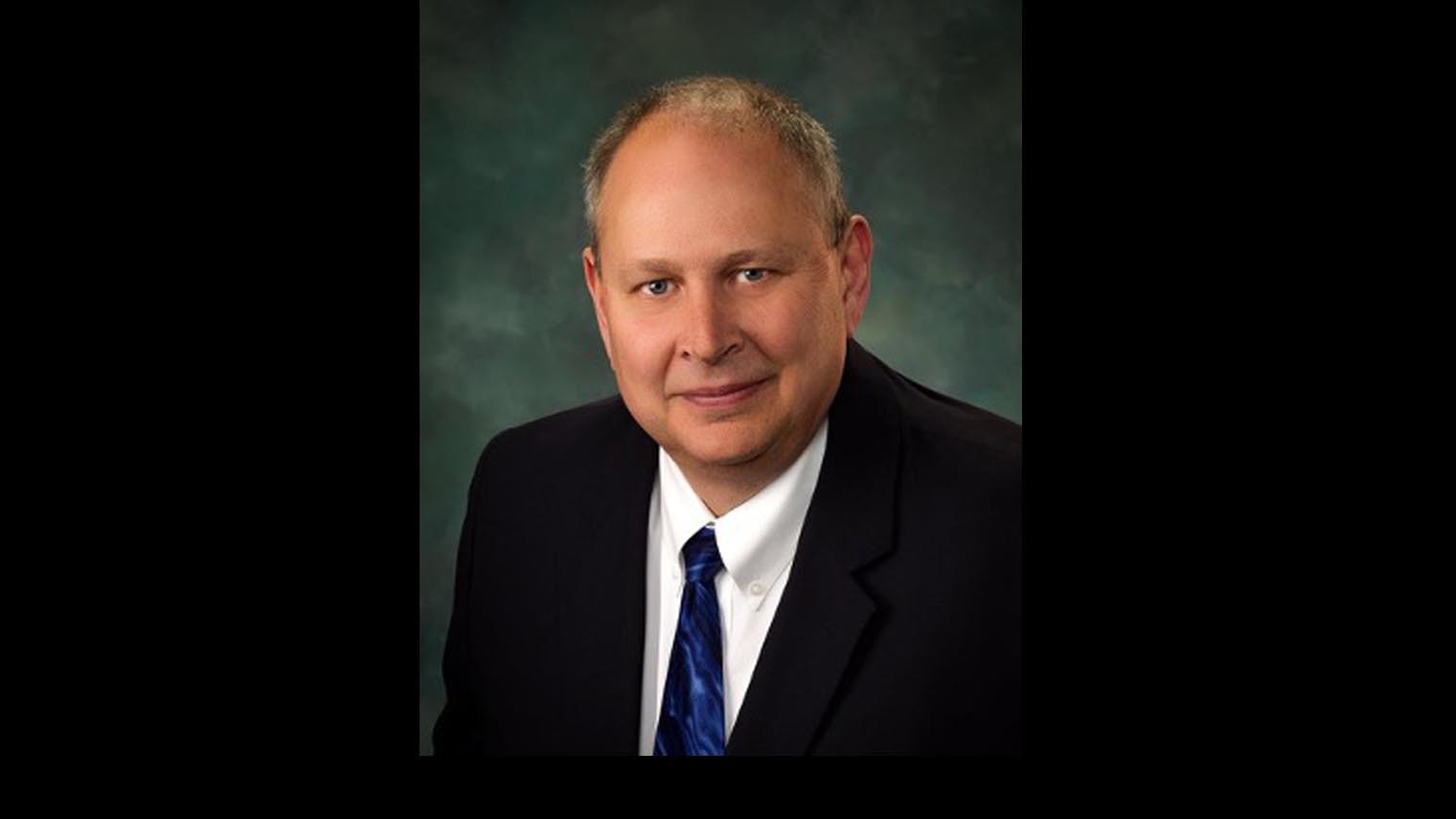Do you ever wonder why public employers rarely comment on termination of government employees?
The simple answer is Wyoming law prohibits comments by public officials regarding terminations.
So, when a public employer disciplines or terminates a public employee, and supporters of the employee raise a hue and cry, the public board has little alternative other than be silent and face the criticism.
Even though a public employee may have been sexually harassing staff, mismanaging money, violating the law or creating an untenably hostile work environment, the public board, by law, must take abuse quietly while the employee’s supporters tout the virtues of the disciplined employee.
Employees have no such restriction. Disciplined employees can tell the public whatever they want.
While this column is not aimed at a particular employment situation, it seeks to educate the public on the restrictions placed on public boards by Wyoming employment law.
The Wyoming Public Record act says the custodian of records shall deny the right of inspection to personnel files. Employment contracts, working agreements or settlement agreements with employees are excepted.
The Wyoming Open Meetings Act says the governing body should discuss personnel matters in private, unless the employee wants them discussed publicly.
The Wyoming Ethics in Government Act makes wrongful disclosure of confidential information a crime, and the disclosure of confidential information is grounds for removal from office.
And . . . if the government employer wrongfully discloses confidential personnel information, both the person disclosing the information and the government entity for which the discloser works can be sued. Even if the discloser ultimately wins the lawsuit, disclosure will result in a couple years of intrusive litigation and concomitant attorney’s fees for defending the wrongful disclosure lawsuit.
Rather than face all the horrible potential consequences, boards, commissions and councils in Wyoming sit painfully on their hands while the ex-employee or the employee’s supporters run a public relations campaign against them.
Many board members want to disclose what the disciplined employee did to earn the discipline. They want to let the court of public opinion judge their actions with all the facts.
Unfortunately, the law does not allow them to speak. So they are battered, often unjustly, on social media and in the local coffee houses.
If you see a public employee terminated and the board does not say anything, do not assume there is a cover-up being perpetrated by the board. Sitting silently is what the board is obligated to do by the law.
Good reasons underlie these laws of silence. People can be branded, forever, with false allegations if their personnel matters are discussed in public by a board. All it takes is for one board member to say, for example, that a person is a child molester. The race is off. Pundits and blabbermouths take the statement and run with it.
Every time the person’s name is mentioned in the media, for the rest of the person’s life, there will always be the mention of something like “person X resigned under a cloud of suspicion after being accused of sexual contact with a young child.” The truth or untruth of the statement will not matter.
The employee is labeled forever – even if unjustly.
That is why Wyoming law allows candid discussions in executive session. The unintended consequences of the law are that sometimes government employers look like arbitrary ghouls for taking mysterious employment actions when, in truth, the are acting like careful, rational employers making a tough personnel decision.
If a severance agreement is reached with the employee, the terms and conditions of the severance are made public, but the grounds for the severance are not included in the severance agreement.
The public does not get to know the reasons for the employment action. Severance agreements made in a vacuum often look like spendthrift payouts of government dollars. However, when one factors in the other costs associated with a termination of employees, the severance usually turns out to be a rational business decision.
While there are good reasons to keep employment actions confidential, the public needs to understand the restrictions on government entities. Government employers may want to shout the reasons for their actions from the highest tree. Unfortunately, Wyoming law prohibits discussing personnel matters.
Tom Lubnau served in the Wyoming Legislature from 2004 - 2015 and is a former Speaker of the House. He can be reached at: YourInputAppreciated@gmail.com





